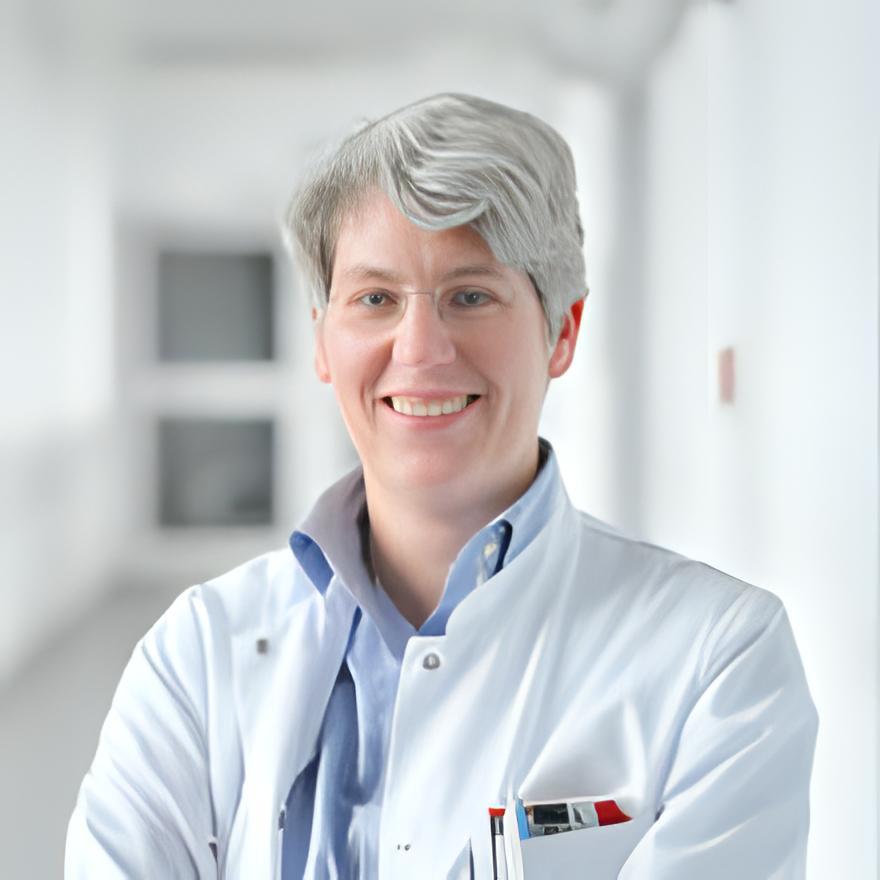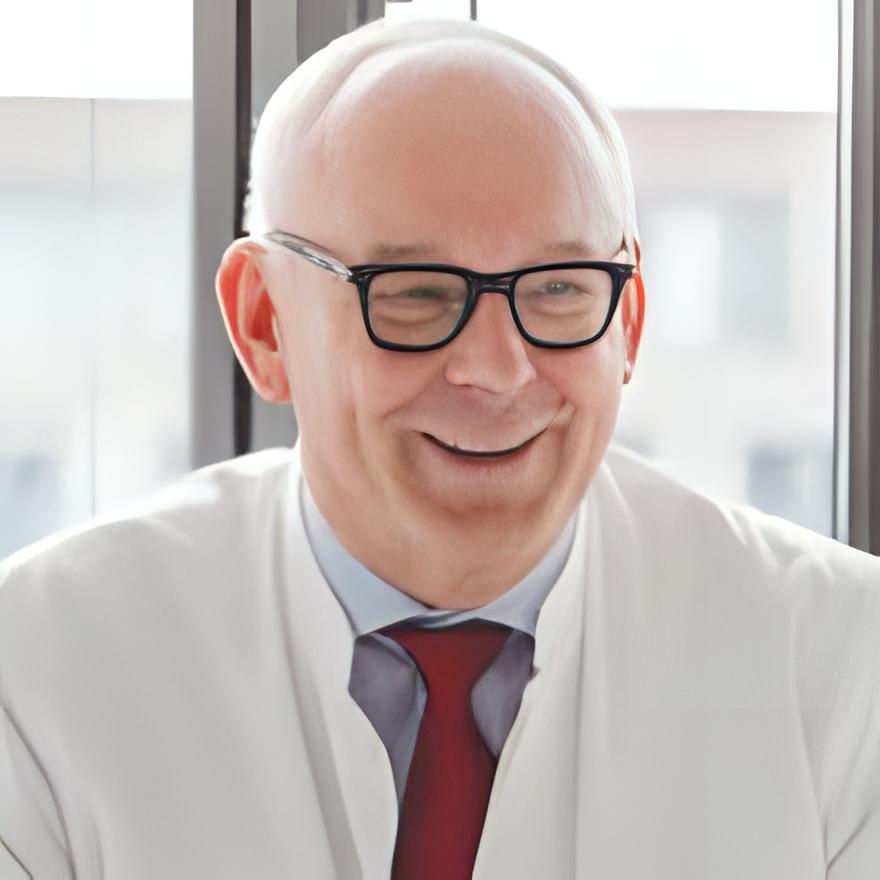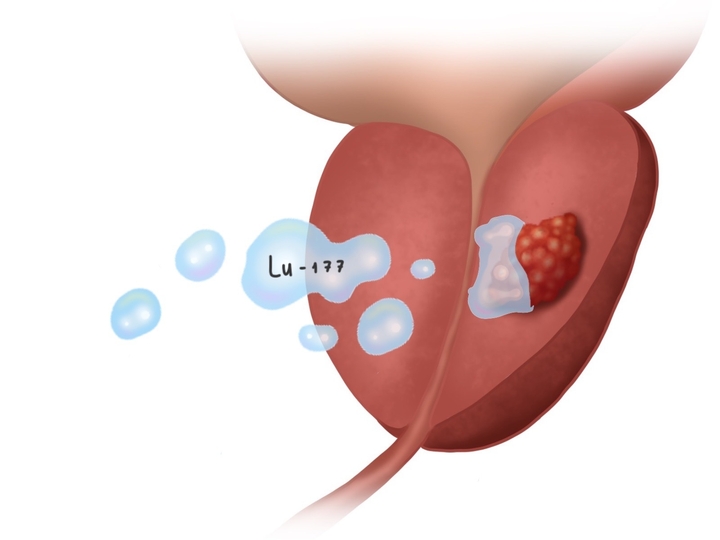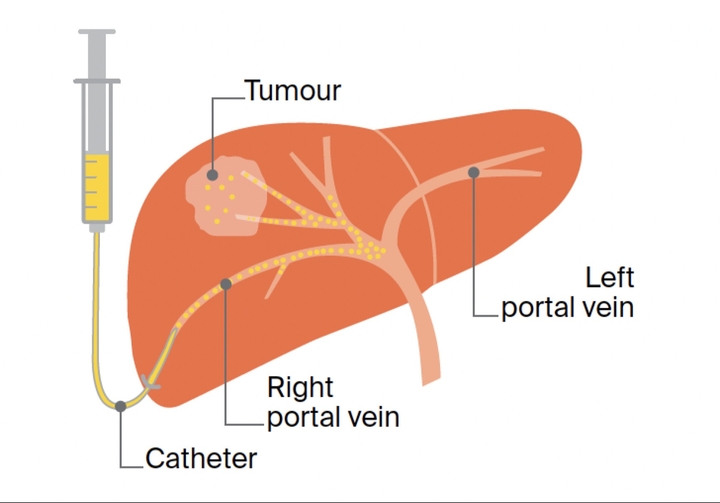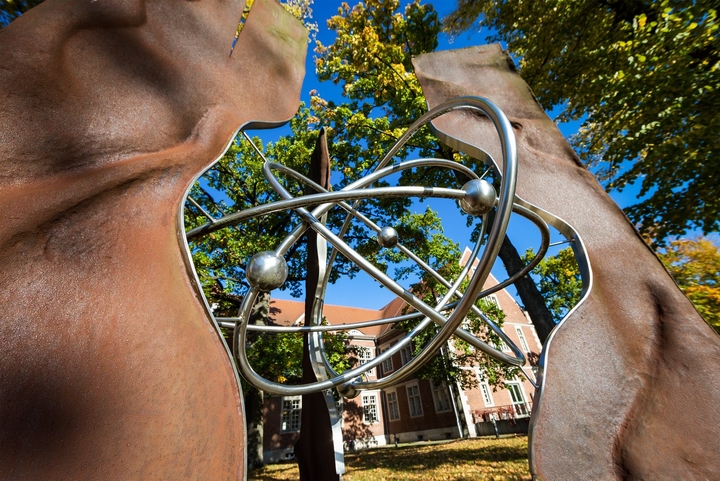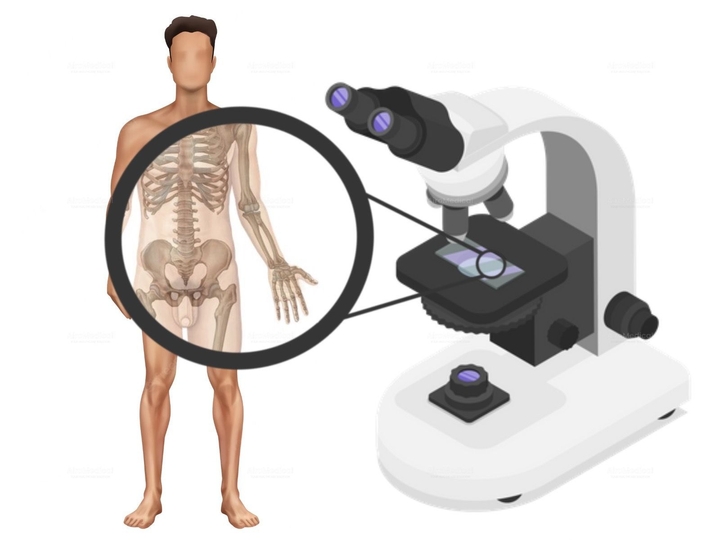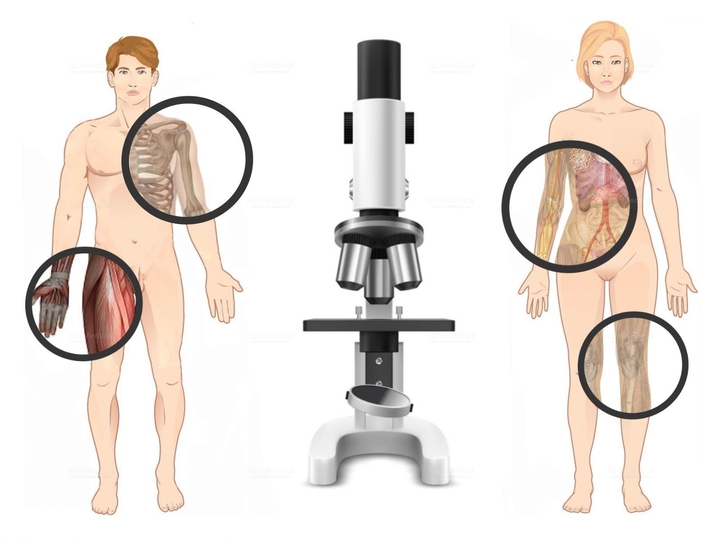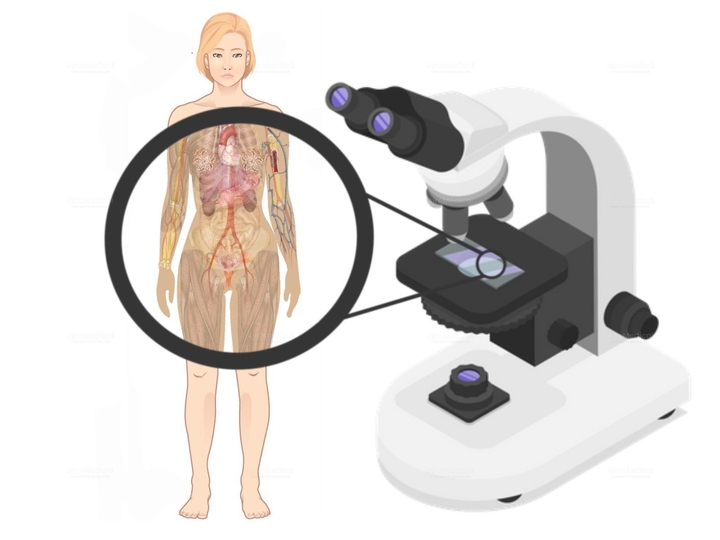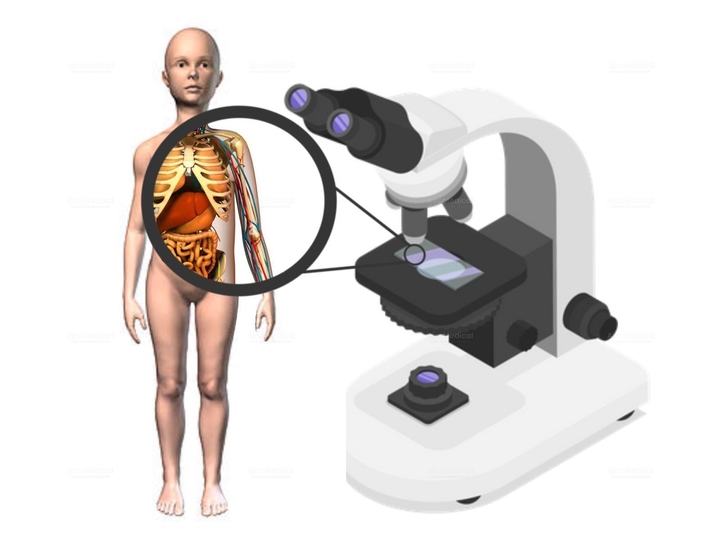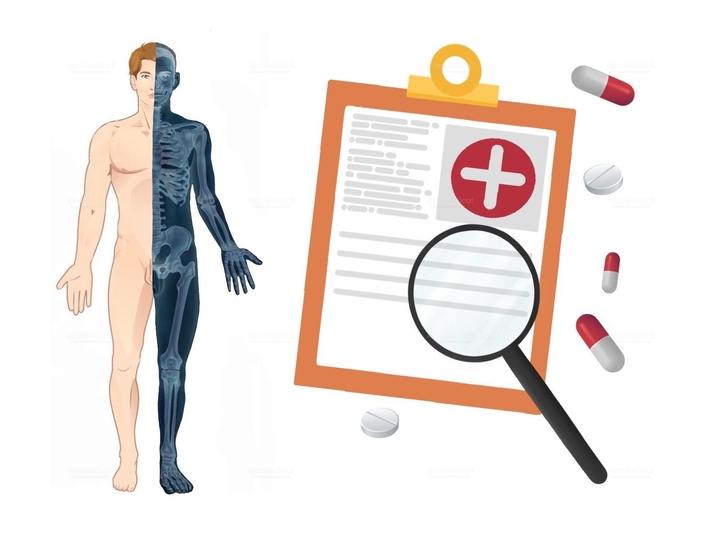Gastroenterology Worldwide: Best Hospitals, Doctors, Options, & Cost
It is hard to find somebody who never had any issues with their digestive system. Gastroenterology medical conditions are common because of an unhealthy diet, a sedentary lifestyle, long-term stress, certain medications, underlying health issues, and genetics.
Due to the World Gastroenterology Organization (WGO), at least one of the functional gastrointestinal disorders was met by at least 49% of women and 36.6% of men. It is thought that 11% of young people in the United States have a chronic digestive disease, which rises to 35% for people 65 and older. Many of these people seek gastroenterology help in the hospital abroad to get better results.
Best gastroenterology hospitals
Choosing the best gastroenterology clinic
Regarding gastrointestinal tract illnesses, there are various symptoms and forms that can make it challenging to find a universal treatment method. To get the best care, look for centers accredited by reputable international organizations like JCI and ISO. It shows that the gastrointestinal hospital meets the highest healthcare standards.
You should also consider the range of medical services offered. The best gastroenterology hospitals perform various procedures daily, including endoscopic stenting for the esophageal lumen, capsule endoscopy, laparoscopic surgeries for gallstone disease and hernias, and intestinal cancer treatment.
If you are dealing with a severe health condition, it is suggested that you seek medical care from university clinics that specialize in hepatology, coloproctology, and endoscopy. These clinics have skilled experts, the latest techniques, and advanced equipment that may not be available at private clinics. AiroMedical helps to access leading medical facilities from all over the world.
Top gastroenterologist
Helping to find the best gastroenterologist in the world
The best stomach doctor has undergone a comprehensive course of study to acquire in-depth knowledge of digestion, nutrient absorption, gastrointestinal tract motility, and liver function. An academic degree is a testament to their vast theoretical expertise in gastroenterology.
Treating celiac disease, colitis, ulcers, cholecystitis, and gastrointestinal motility disorders requires extensive knowledge, so checking a profile including credentials, CV, and certification is essential. A skilled gastroenterologist understands that gastric ulcers can have a hereditary component, so he will examine a patient's history and perform necessary tests before beginning treatment.
The best gastroenterologist will remember to give the patient some helpful tips on a healthy diet and ways to avoid the spread of infection and disease relapses. Focusing on these indicators, we at AiroMedical have compiled a list of exceptional gastroenterologists whose profiles can be found on our platform.
Proper diagnosis of GI conditions
The diagnosis is the first to identify and treat diseases in the gastroenterology area, including inflammatory bowel disease, ulcers, liver diseases, and colon cancer. With advancements in medical technology, different methods are available in gastroenterology for accurate and timely diagnosis.
Methods used for diagnosis in specialized clinics
New diagnostic tests
These techniques are becoming more sophisticated and precise with the latest technological advancements, allowing for earlier diagnosis and treatment of gastrointestinal diseases:
With the latest advancements in medical technology, gastroenterologists can provide personalized and effective treatment plans for patients in each medical center we work.
Top offers
Advanced treatment solutions in gastroenterology
There are gastroenterology treatments aimed at reducing symptoms and not forgetting about the patient's quality of life. These treatments effectively relieve GI conditions while minimizing discomfort and downtime.
Modern approaches
These advanced non-invasive methods are often combined with other treatments to provide optimal care in the clinic for patients with complex gastroenterology problems.
Examples of advanced therapies
We understand that digestive disorders can impact a patient's quality of life. We strive to provide access to world-class gastroenterology care. Our specialists constantly monitor scientific developments in gastroenterology and introduce new techniques. We prioritize patient objectives, including time, lifestyle, and financial opportunities.
Diagnosis & treatment cost
Gastroenterology€2,210 - 4,417
Advantages of medical tourism for gastroenterology
Patients can benefit from these advancements by receiving more personalized and effective treatment plans. With the latest approaches, specialists can collaborate to provide personalized and effective treatment options.
The main reasons patients travel abroad for gastroenterology treatment
With AiroMedical, patients from any corner of the planet can take advantage of the most advanced and effective achievements in GI treatment, including personalized care plans and the latest technologies. Experience exceptional care, faster recovery times, and cost-effective solutions with AiroMedical.
How AiroMedical can help you
Read more in our blogs
FAQ
What are the best clinics for Gastroenterology?
Who are the best doctors for Gastroenterology?
Prof. Dr. med. Roland Michael Schmid from
University Hospital Rechts der Isar Munich
Prof. Dr. med. Julia Mayerle from
University Hospital Ludwig-Maximilians Munich
Dr. med. Ulrich Baumgarten from
MEOCLINIC Berlin
Dr. med. Peter Lüsebrink from
Beta Clinic Bonn
Prof. Dr. med. Stefan Zeuzem from
University Hospital Frankfurt am Main







